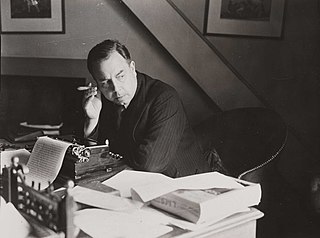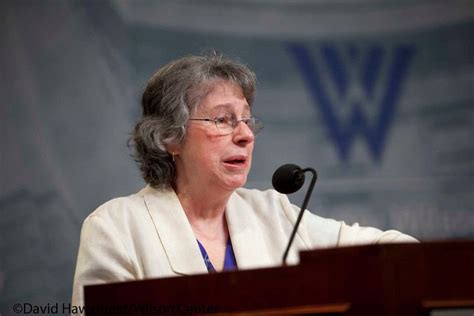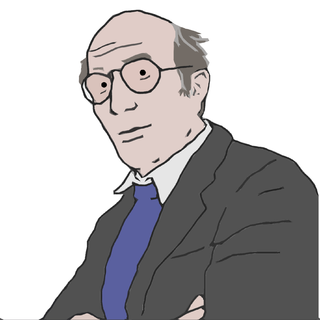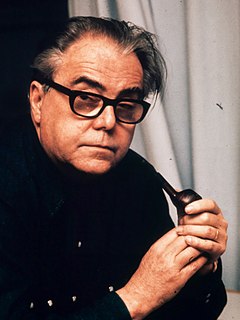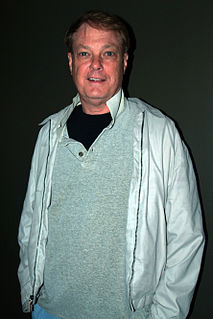A Quote by J. B. Priestley
The more we elaborate our means of communication, the less we communicate.
Quote Topics
Related Quotes
For a very great many years, I asked this question: ‘To communicate or not to communicate?’ If one got himself in such thorough trouble by communication, then of course one should stop communicating. But this is not the case. If one gets himself into trouble by communicating, he should further communicate. More communication, not less, is the answer.
We can no longer communicate with the apes by direct language, nor can we understand, without special study, their modes of communication which we have long since replaced by more elaborate forms. But it is at least presumable that they could still detect in our speech, at least when it is public and elaborate, the underlying tone values with which it began. Thus if we could take a gibbon ape to a college public lecture, he would not understand it, but he would "get a good deal of it." This is all the students get anyway.
The following are the universally fundamental laws of literary communication: 1. one must have something to communicate; 2. one must have someone to whom to communicate it; 3. one must really communicate it, not merely express it for oneself alone. Otherwise it would be more to the point to remain silent.
Small wonder our national spirit is husk empty. We have more information but less knowledge. More communication but less community. More goods but less goodwill. More of virtually everything save that which the human spirit requires. So distracted have we become sating this new need or that material appetite, we hardly noticed the departure of happiness
Our approach is to think of companies not as businesses but as collections of people. We [Apple]want to qualitatively change the way people work. We don't just want to help them do word processing faster or add numbers faster. We want to change the way they can communicate with one another. We're seeing less paper flying around and more quality of communication.
What does labor want? We want more schoolhouses and less jails; more books and less arsenals; more learning and less vice; more leisure and less greed; more justice and less revenge; in fact, more of the opportunities to cultivate our better natures, to make manhood more noble, womanhood more beautiful, and childhood more happy and bright.
